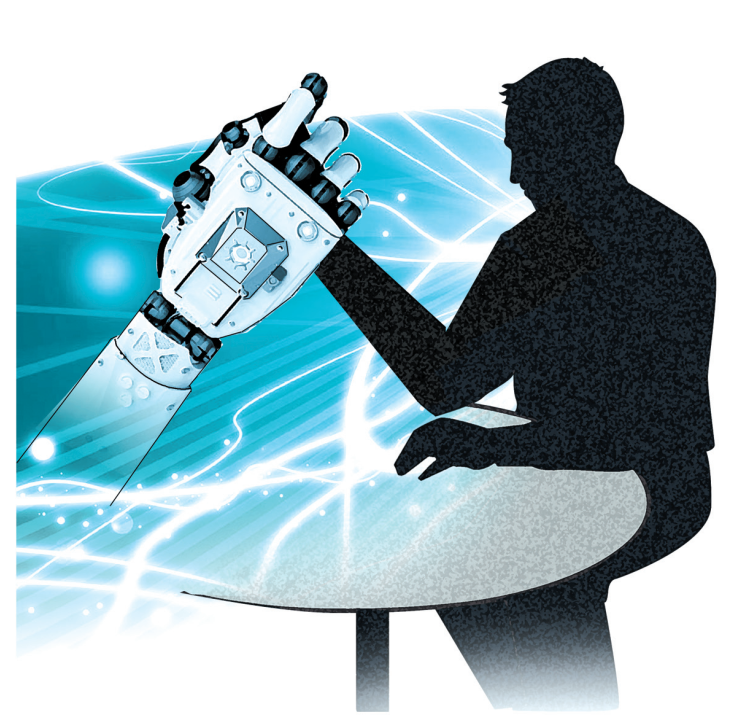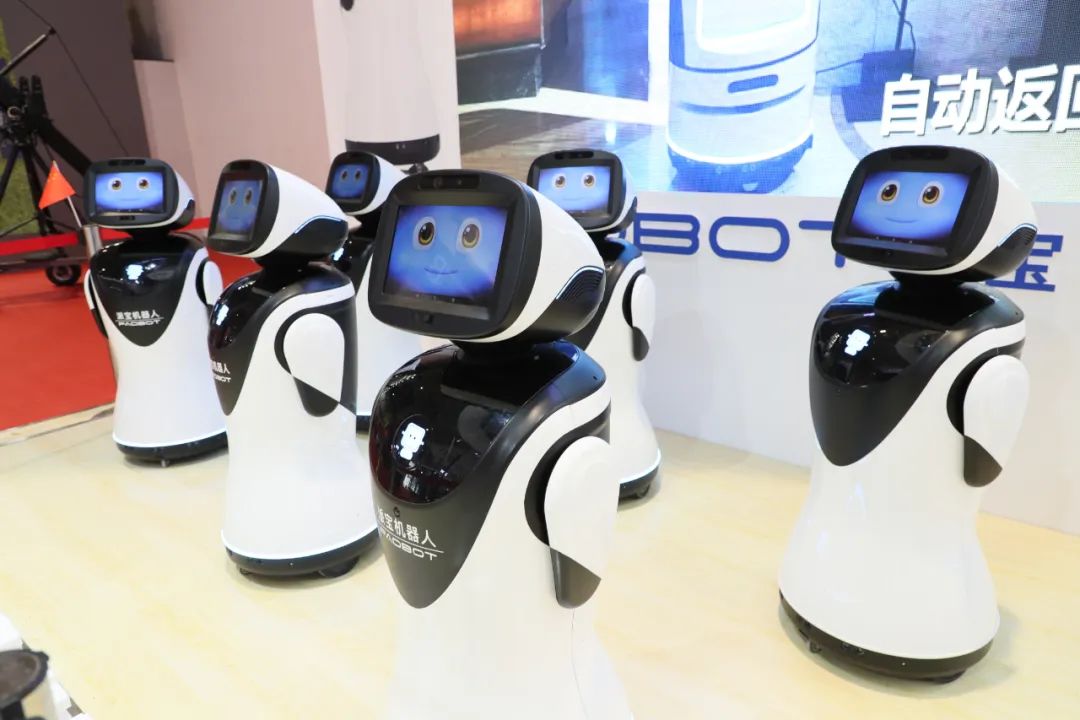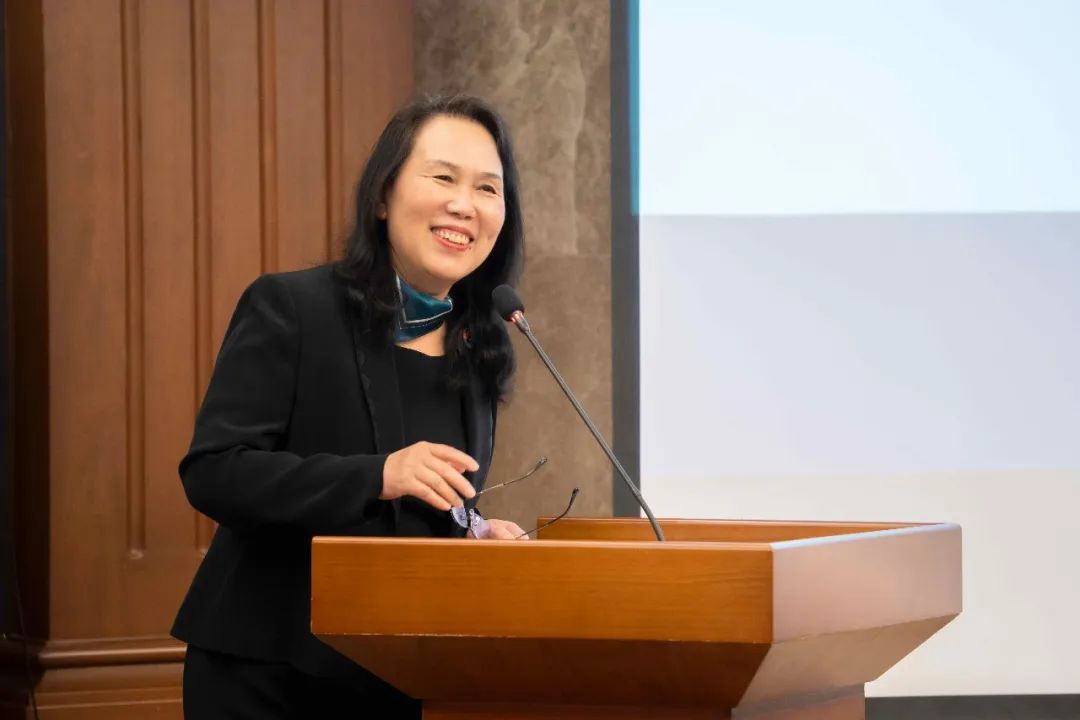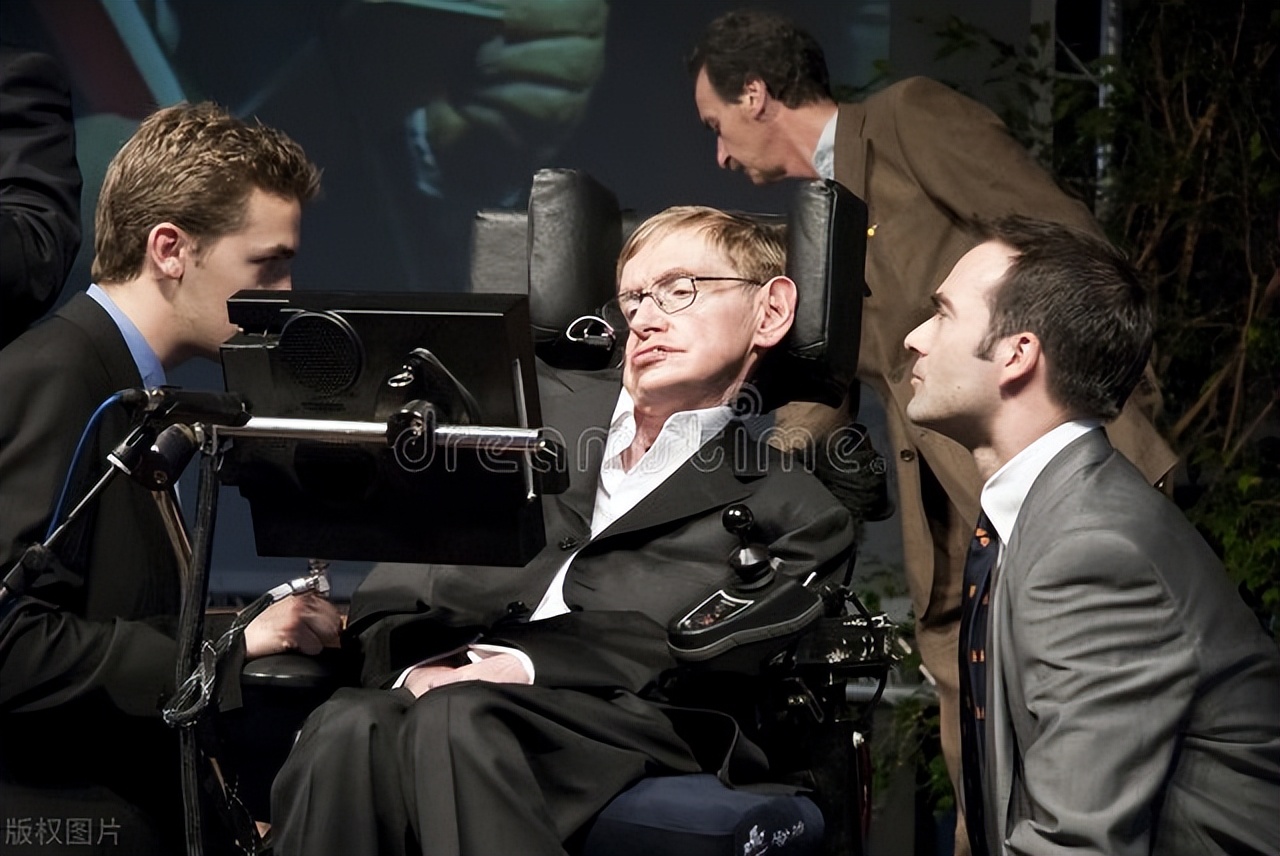Artificial Intelligence Ethics: Value Anchor Point In The Evolution Of Civilization
Artificial Intelligence Ethics: Value Anchor Point In The Evolution Of Civilization
Artificial intelligence technology is reshaping the basic form of human civilization. When the millennium-year-old wisdom of human beings is broken through on the Go board, and when GPT-4 smoothly completes academic paper writing, we have to face a fundamental question: in the wave of intelligent revolution, do the value coordinates of human civilization need to be recalibrated?This change is not only about technological progress, but also a deep question on human subjectivity.Deep learning algorithms are creating new social differentiation. Research from the University of Chicago shows that an AI system of a recruitment platform implicit discrimination against women

Artificial intelligence technology is reshaping the basic form of human civilization. When the millennium-year-old wisdom of human beings is broken through on the Go board, and when GPT-4 smoothly completes academic paper writing, we have to face a fundamental question: in the wave of intelligent revolution, do the value coordinates of human civilization need to be recalibrated? This change is not only about technological progress, but also a deep question on human subjectivity.
1. Ethical dilemma in technological leap forward
Deep learning algorithms are creating new social differentiation. Research from the University of Chicago shows that an AI system of a recruitment platform implicit discrimination against women's resumes is as high as 34%, and this algorithmic bias stems from the hidden gender inequality in training data. Behind the smooth backflip of Boston Powered Robots is the strong demand for its combat-oriented transformation from military institutions. Microsoft chatbot Tay was instigated to become a racist 16 hours after it was launched, exposing the fragility of intelligent systems in shaping values. When autonomous driving faces the "tram problem", engineers are forced to convert moral choices into probability calculations, and this technological rationality is eliminating the richness of human ethics.

2. Value positioning in human-computer collaboration
The dilemma of misdiagnosis and responsibility identification of medical AI reflects the reconstruction of the relationship between rights and responsibilities. In 2022, the European Court of Justice ruled that AI-generated works do not have copyright, and this judgment has aroused fundamental doubts about the subjectivity of artistic creation. The mechanical response of educational robots to students’ emotional needs may lead to the alienation of intergenerational emotional cognition. What is more worthy of attention is that the information cocoon constructed by social algorithms is dismantling the rational foundation of public dialogue. Stanford University Network Observatory found that the probability of political chatbots creating false consensus is as high as 68%.

3. The path to build an ethical framework
The four-level risk control system established by the European Union's Artificial Intelligence Act has set up a red restricted area for technology application. The "Constitutional AI" training model implemented by other institutions encodes human ethical norms as algorithmic constraints. The "Ethics Turing Test" project carried out by MIT is establishing new standards for evaluating the ability of AI to make ethical decisions. These practices reveal that ethical construction requires three-dimensional linkage of technological innovation, institutional design, and cultural cultivation, just like the ancient Roman waterway project requires technological breakthroughs and is also inseparable from systematic municipal management.

Standing at the critical point of civilization transformation, what we need is not technological slowdown, but the accelerated evolution of value rationality. From the Athenian Academy's pursuit of the "idea of goodness" to the Enlightenment's admiration for reason, mankind has always reshaped its spiritual coordinates in technological change. Building an ethical framework for artificial intelligence is essentially a new chapter in humanism in the era of digital civilization. This process should not be a simple rule-making process, but rather create a symbiotic ecology between technology and human nature, so that silicon-based intelligence and carbon-based civilization can achieve co-evolution in mutual reflection.





